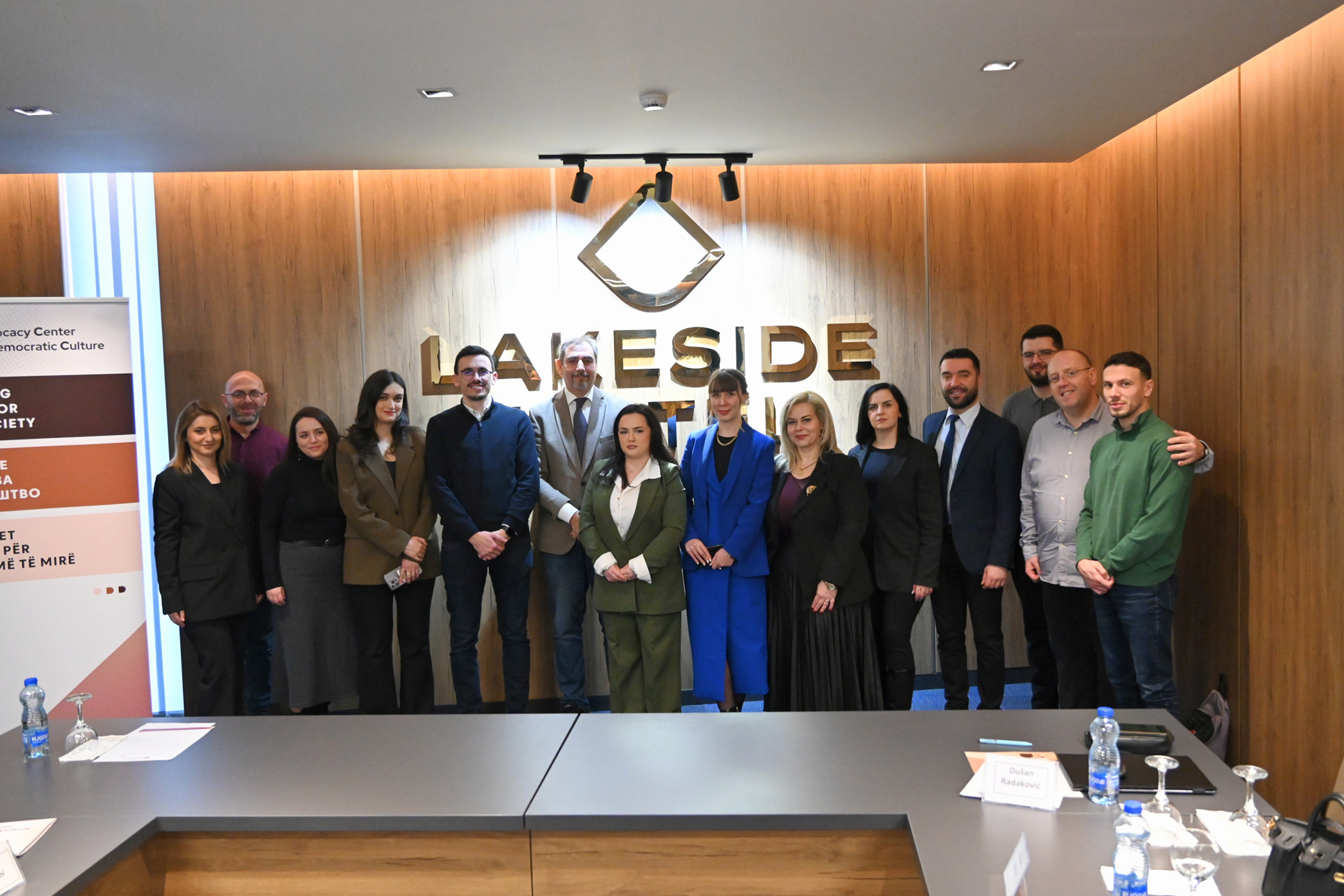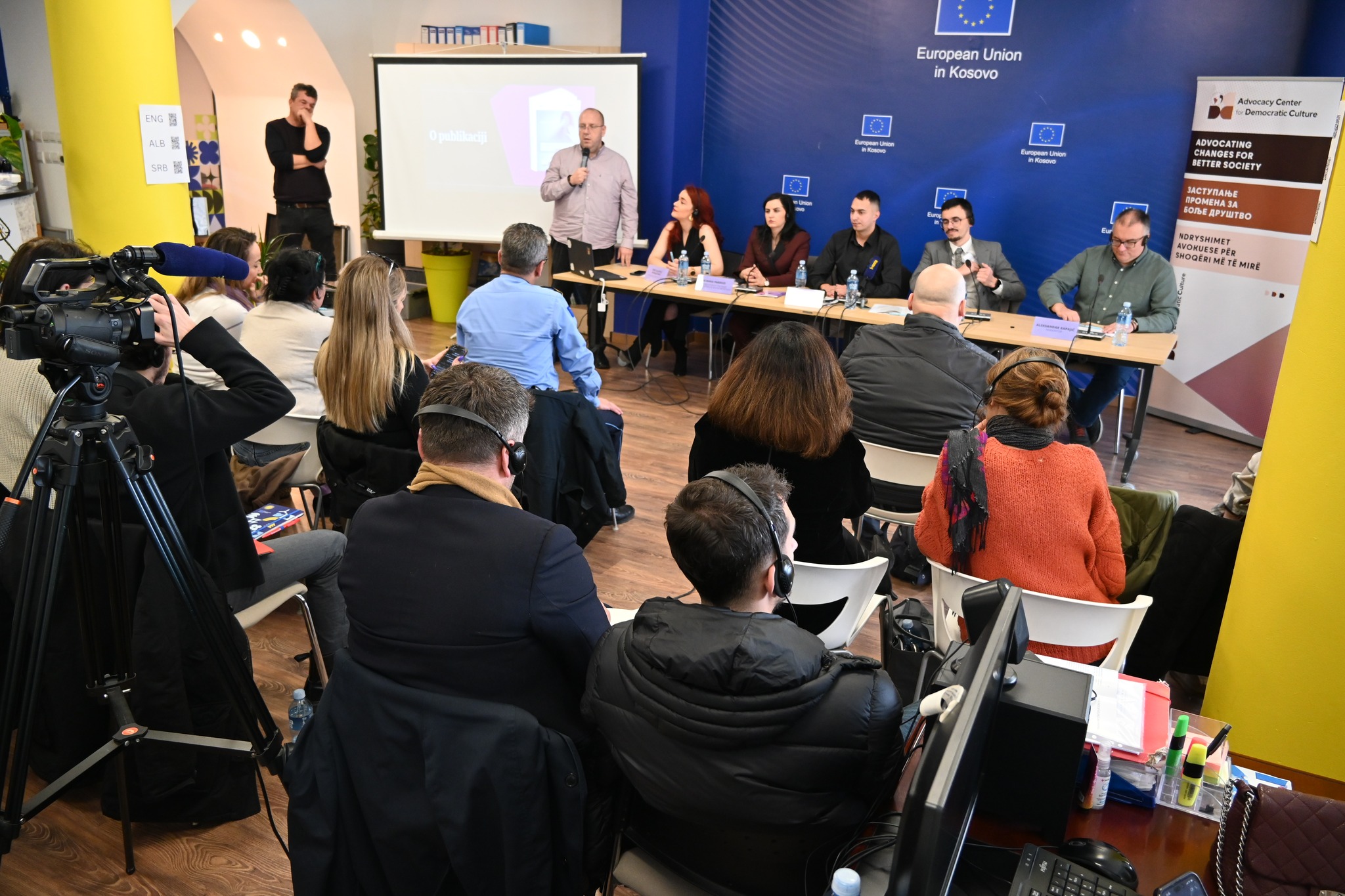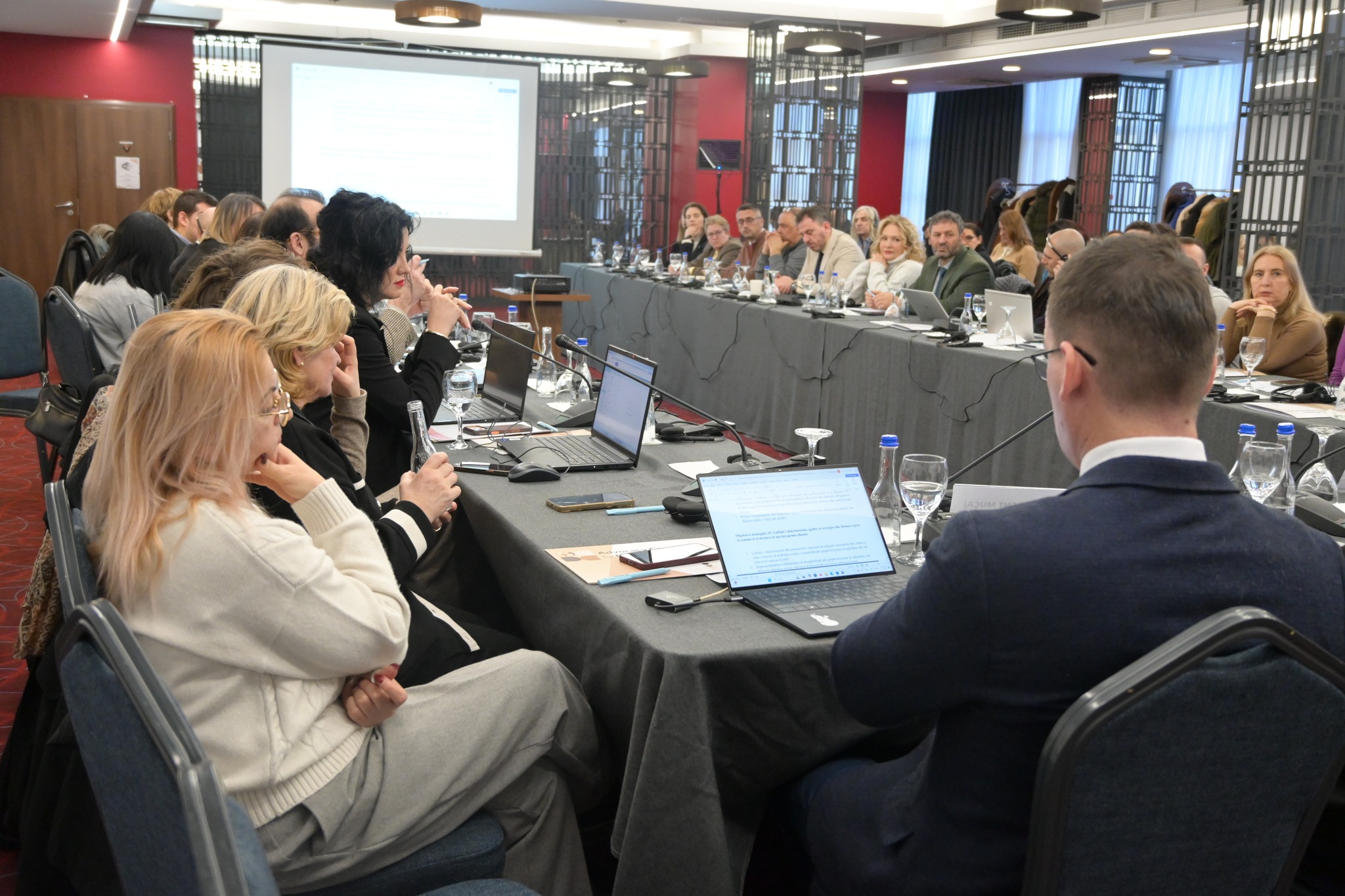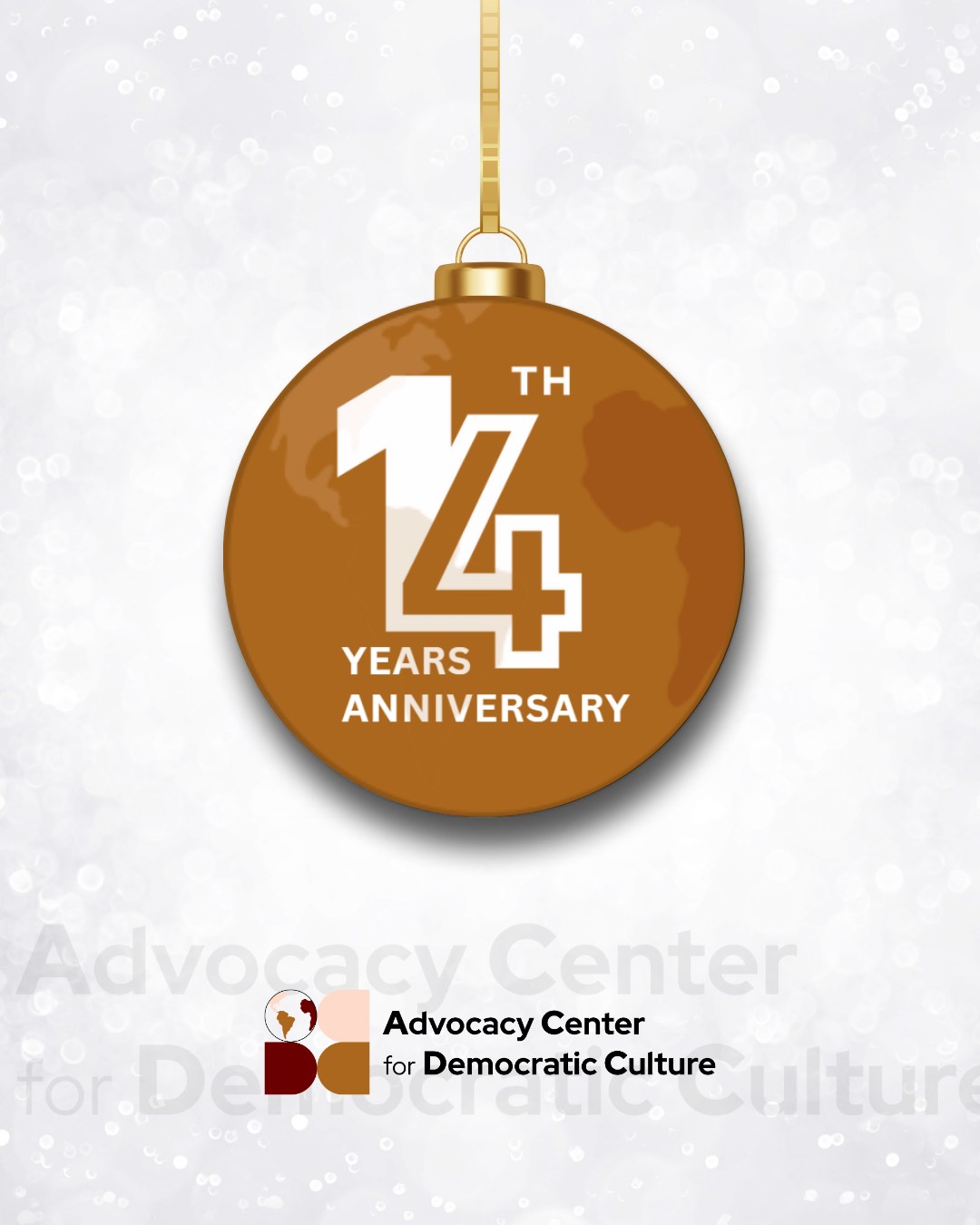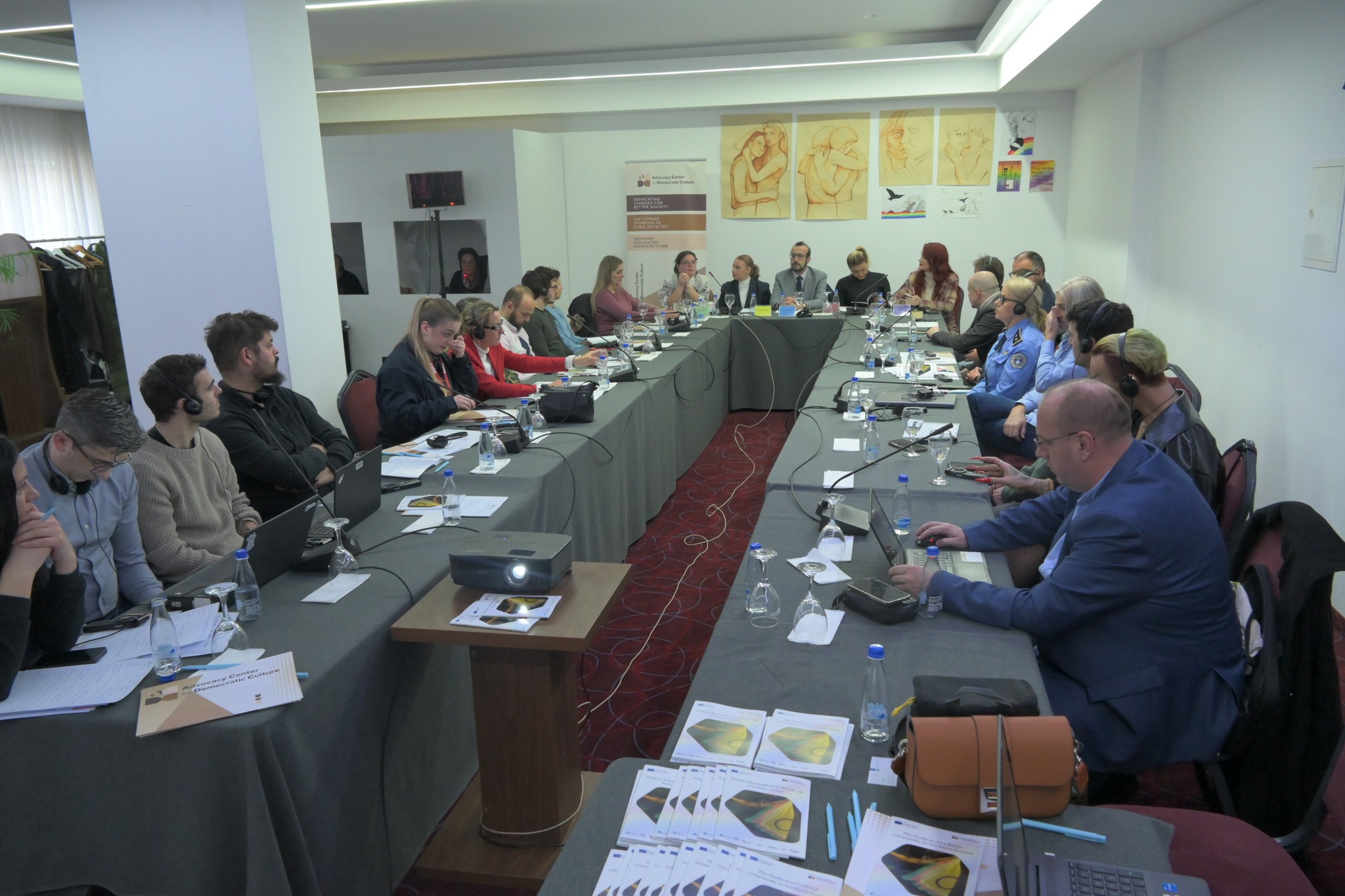05.07.2023. » 10:55
OP - ED -Strengthening the key pillars of society for the protection of human rights in Kosovo.
Key pillars of society - education, healthcare, and justice - are facing serious challenges. Hanife Rušiti, a master of law, points out the lack of quality in the educational system, problems in healthcare, and the inertia of the judiciary in sanctioning mistakes. Throughout her text, the author also emphasizes the necessity of strengthening these pillars in order to prevent further population outflow and create conditions for prosperity and the protection of human rights in Kosovo.
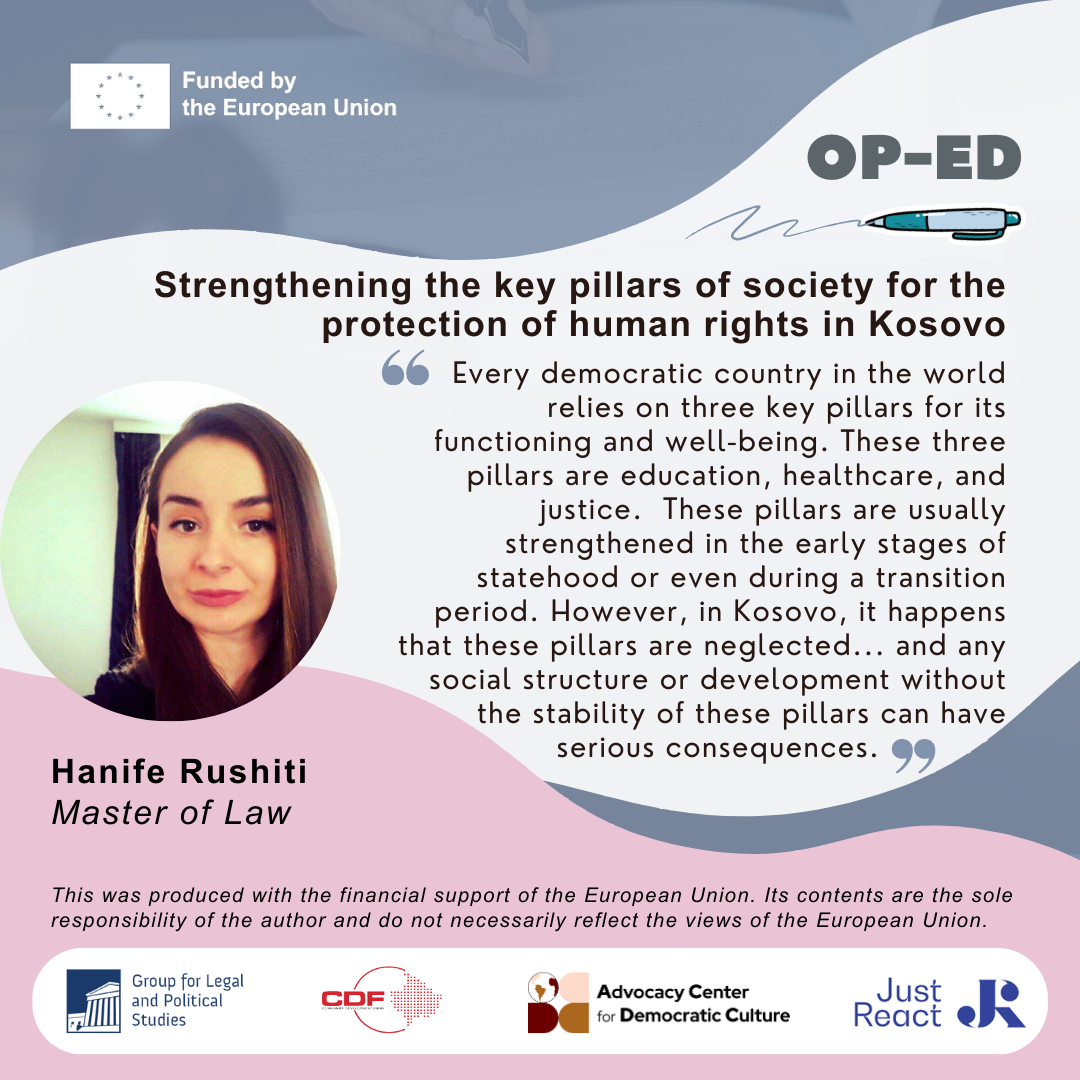
Every democratic country in the world relies on three key pillars for its functioning and well-being. These pillars are usually strengthened in the early stages of statehood or even during a transition period. However, in Kosovo, it happens that these pillars are neglected... and any social structure or development without the stability of these pillars can have serious consequences.
These three pillars are education, healthcare, and justice. All three foundations must be in line with fundamental human rights and freedoms. To be clearer, Kosovo is a signatory to many conventions and international agreements on respecting human rights, but is lacking in these three pillars of state functioning. Additionally, these rights are guaranteed by the Constitution of Kosovo.
Education
The first pillar is education, a crucial foundation without which a democratic state cannot be established. We witness the fact that the education system in our country, starting from the early stages (preschool and primary education), although it exists, shows that it is not so good for our children. Despite the existence of laws, regulations, literature, curricula, and programs, teachers (also in two shifts, morning in public school, afternoon in private courses), children with great success....all the necessary infrastructure exists, but we lack quality because the quality exists in the private system - the school system adopted from another country and that functions.
In this 23-year period, our children still receive high grades thanks to a combination of private courses from public education. Teachers still grade students, even though they are aware that their parents did their homework for them! "Brilliant fives" are still rewarded by throwing eggs (stolen from the family basket) in the squares during Halloween. We still find errors in textbooks. Unfortunately, the list is long... but nobody sees us because we are in the wrong corner. We need to change our perspective and realize that the education system is not working. Therefore, it is necessary to take examples from well-functioning educational systems and adapt them to our educational system. We have lost 23 years, but it is worth losing another 23 to equip ourselves with a quality education system.
Healthcare
Example: If a doctor makes a mistake during surgery and the patient dies, the doctor is to blame. This is the most common case of pointing fingers at a lost life in this specific case. That's right, the doctor made a mistake, they criticized him, he lost his job (maybe he didn't), it became a topic of conversation everywhere for three days, and then everything returns to "normal." If the first pillar had been functioning, this illustrative example would not have existed at all. That doctor who made the mistake would not have been a doctor because the education system does not allow for mistakes in medicine. So, both pillars are interconnected and both need to function in parallel.
We have many examples of malfunction, but we do not have a single one of their functioning. Therefore, we should take examples from others. Surprisingly, in other places, this pillar also functions better than here. We still have cases when "we make a mistake in diagnosis," when we prefer a private doctor more, and based on financial capabilities, we choose private health insurance. There are also cases when neither the public nor private healthcare system works, and we find "rescue" in foreign healthcare systems.
Here too, we need to lose another 23 years (in parallel with the education system) to learn a good healthcare system and implement it in the best way. I believe that in these 23 years, we have managed to become familiar with very functional and modern healthcare systems.
Justice
The problems of the justice system are broader, but without the intention of relativizing their treatment, they can be connected to the first two pillars as well.
When cases of the first and second pillars go wrong, the third pillar should intervene and sanction the first and second ones. So, a doctor who made a mistake should be sentenced with a deserved and appropriate punishment, a teacher who issued incorrect material, an educational institution that licensed the teacher, and many others in the chain of responsibility. However, even this pillar is not functioning. Judicial authorities are aware of all the cases mentioned as illustrative examples, but they remain silent and take no action.
By all accounts, even individuals competent in the judicial system have emerged from the first pillar. And if the framework of the judicial system has shortcomings, of course, they need to be improved. And here we have many examples that have gotten stuck. Thousands of cases have been pending for years. These cases are prioritized from highest to lowest. So, if a topic considered a lower priority is not processed for years, at what level are the errors in the healthcare and education systems in terms of priority?!
When we consider this question, the answer must be found in improving the judicial system and [again] in parallel with the first two pillars, in the next 23 years that we can lose, find a good and adequate system, and make this pillar of the justice system work.
As we are accustomed to hearing in such cases, we are left with the same sentence often heard from judicial authorities: "the investigation is ongoing."
Dysfunctional pillars of education, healthcare, and justice can negatively impact human rights in Kosovo. These key pillars of society should be the foundation for building a democratic and prosperous Kosovo, in line with the principles of human rights and justice, in order to overcome social problems and achieve progress in Kosovo. It is necessary for society, the government, and the international community to work together to strengthen these key pillars. The preservation and protection of human rights should be a solid foundation for every state.
Whether these three pillars will improve after 23 years remains to be seen. So far, these three pillars can be considered very strong reasons for people in one country to seek better solutions for their lives through migration to other countries. When the country is empty and lacks necessary population, then there is no need to build these three pillars at all.
Hana Rušiti, the author of this text, has completed her master's studies in criminal law at the University of Pristina. Born and raised in Mitrovica. Married, mother of three children.
This publication was created as part of the project "Improving the capacity of the Agency for Free Legal Aid in northern Kosovo”, conducted by NGO ACDC. The project is part of the JUST REACT program, which is implemented by the Community Development Fund (CDF) and the Group for Legal and Political Studies (GLPS), and funded by the European Commission.
This was produced with the financial support of the European Union. Its contents are the sole responsibility of the author and do not necessarily reflect the views of the European Union”.
Latest news

